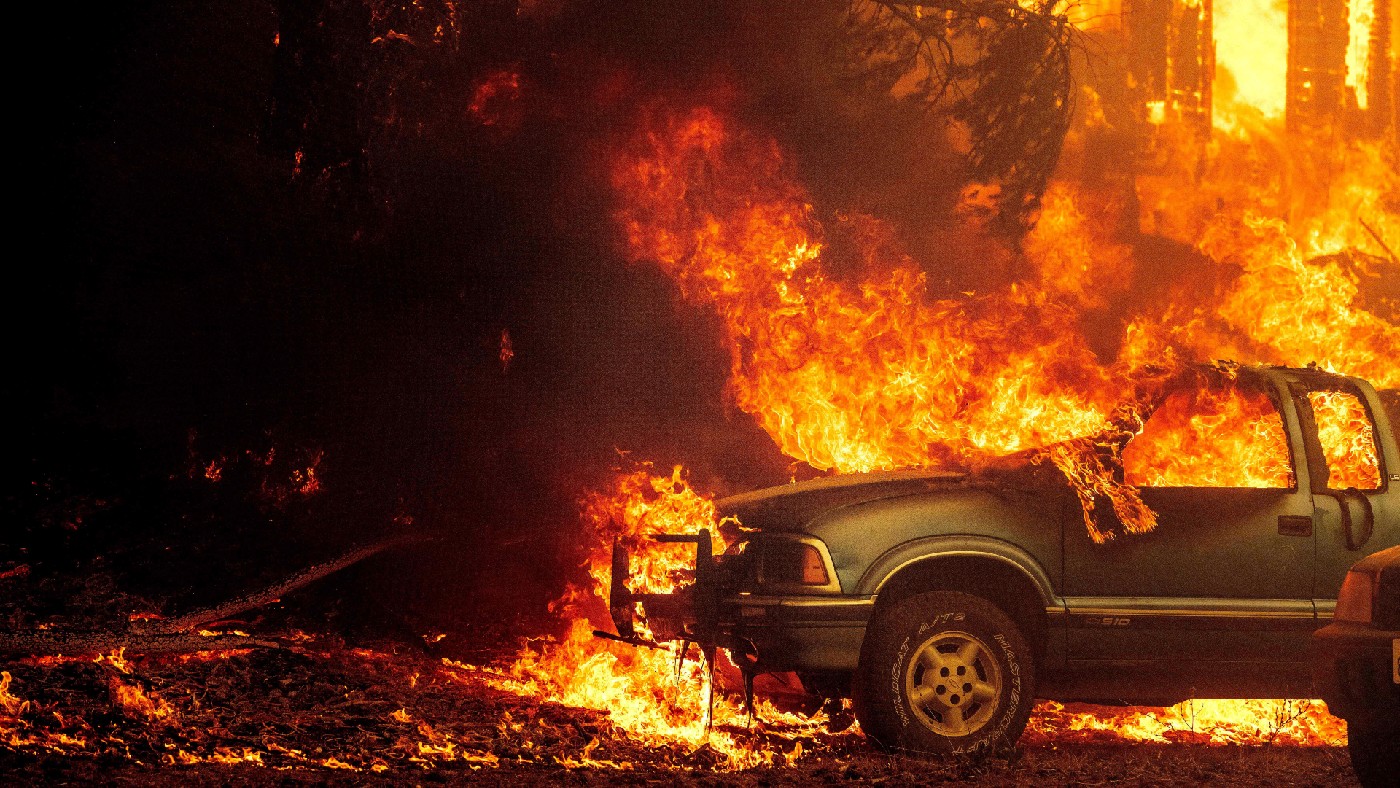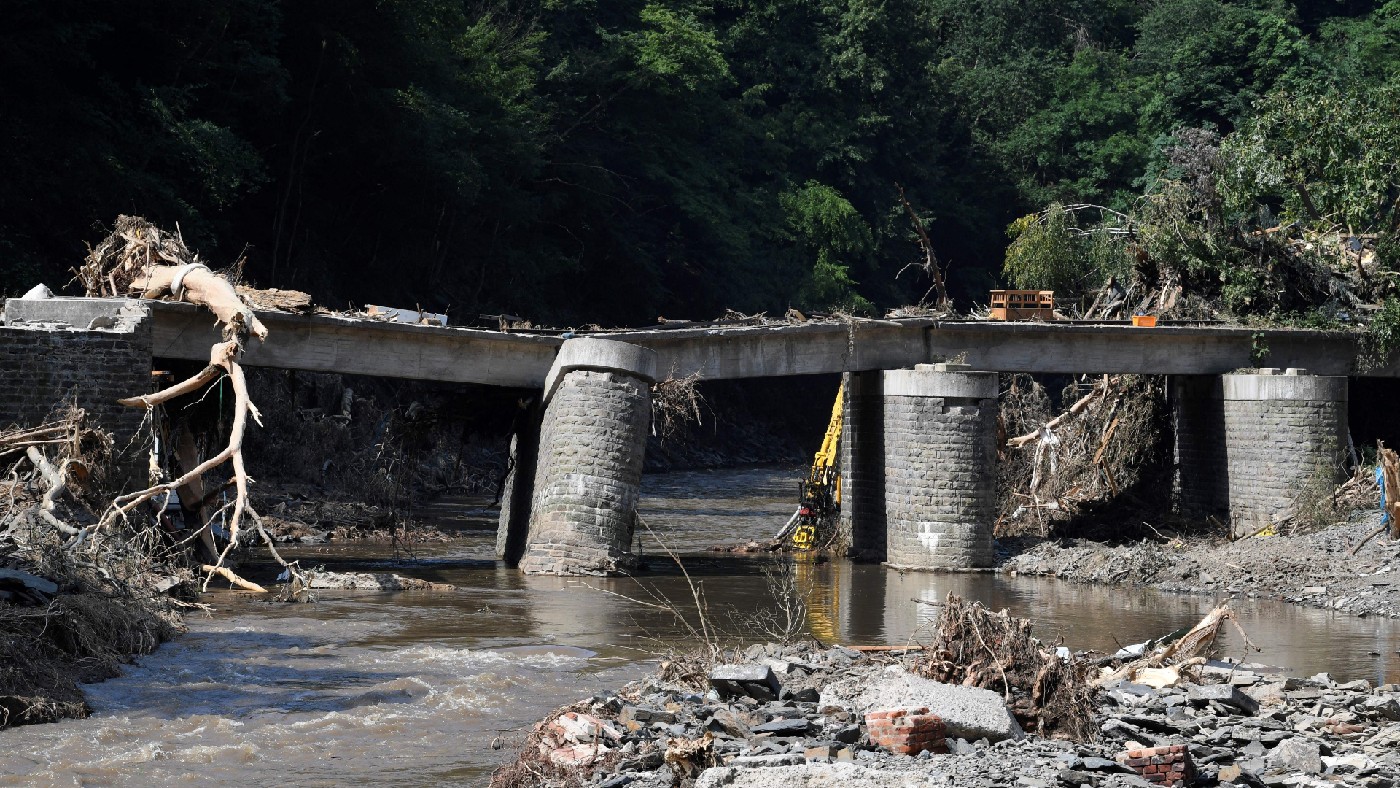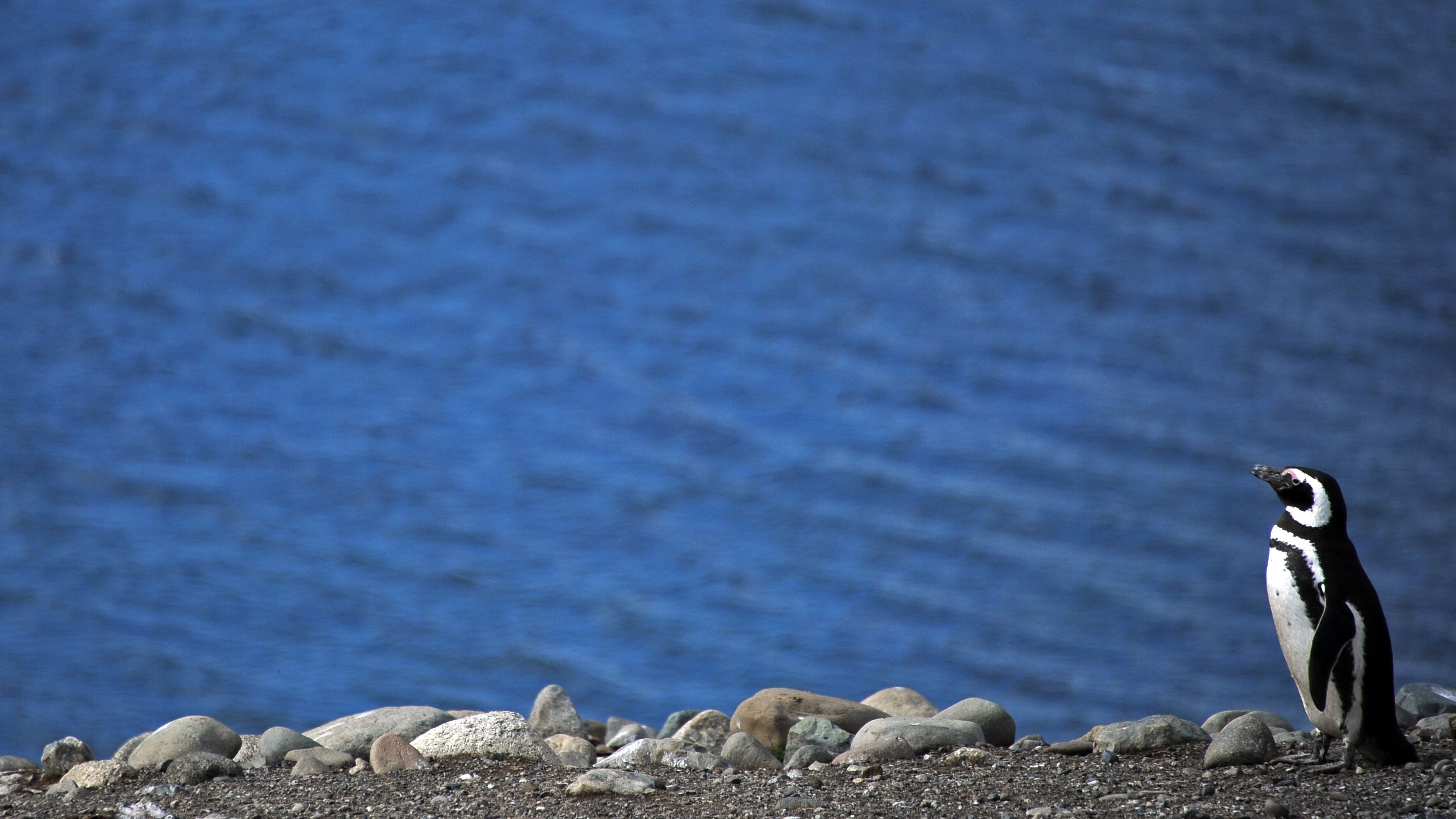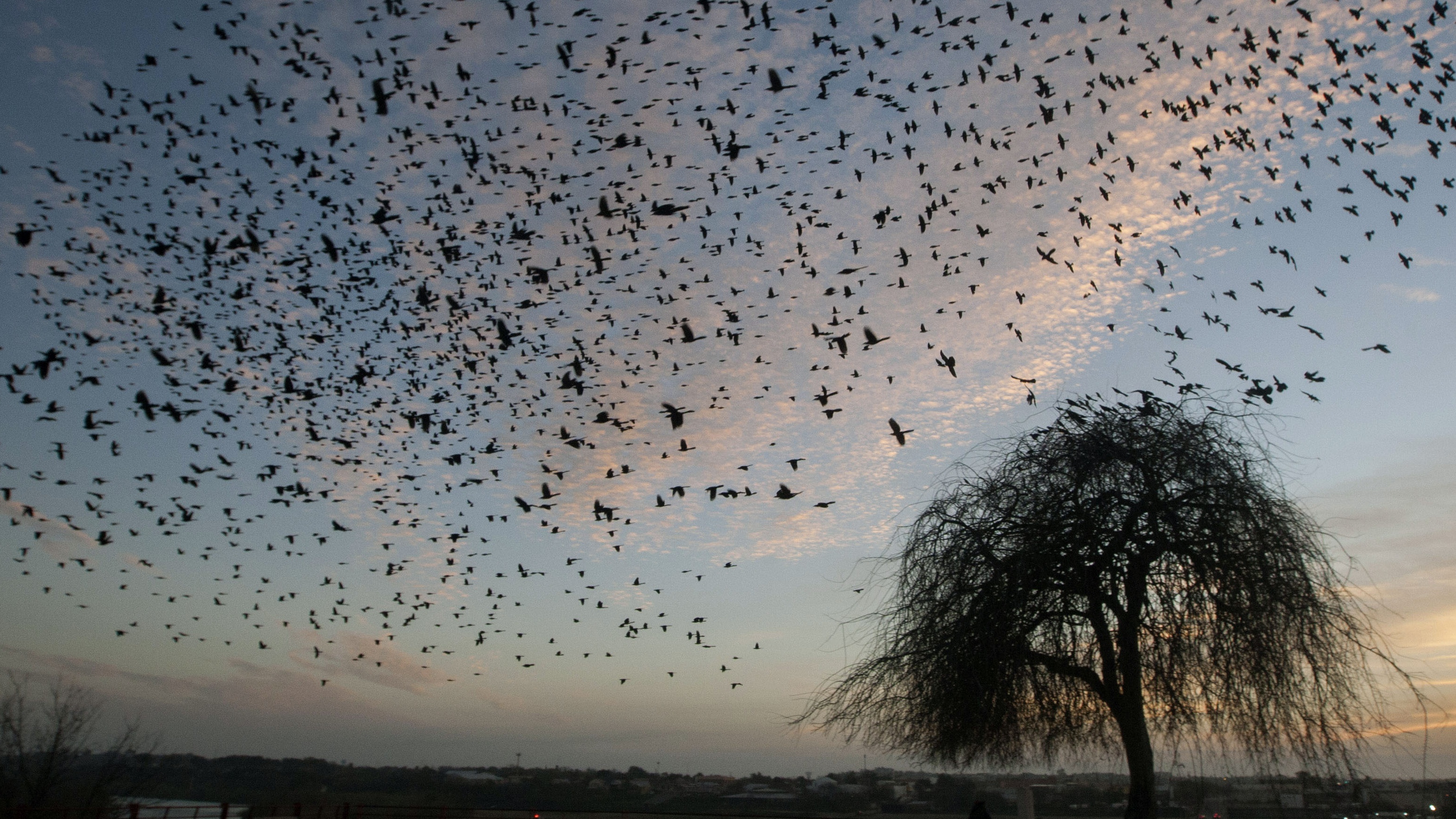Gigantic iceberg poised to break away from Antarctica
Ice mountain the size of Norfolk hanging on to continent by a thread

A free daily email with the biggest news stories of the day – and the best features from TheWeek.com
You are now subscribed
Your newsletter sign-up was successful
An iceberg the size of Norfolk is poised to break away from a vast ice shelf in the north-west area of Antarctica.
Only a threadlike sliver 12 miles wide is keeping the 1,900sq-mile chunk attached to the Larsen C ice shelf in the Weddell Sea.
Professor Adrian Luckman of Swansea University told the BBC: "If it doesn't go in the next few months, I'll be amazed."
The Week
Escape your echo chamber. Get the facts behind the news, plus analysis from multiple perspectives.

Sign up for The Week's Free Newsletters
From our morning news briefing to a weekly Good News Newsletter, get the best of The Week delivered directly to your inbox.
From our morning news briefing to a weekly Good News Newsletter, get the best of The Week delivered directly to your inbox.
When it eventually breaks away, a process known as calving, the iceberg is predicted to be one of the top ten largest ever on record.
A massive crack in the 1150ft-thick ice shelf first appeared decades ago, says the BBC, "but in December the speed of the rift went into overdrive, growing by a further 18km [11 miles] in just a couple of weeks".
A Nasa photograph of the fracture shows it measures around 70 miles long, is 300ft wide and runs a third of a mile deep.
Larsen C was the largest of three adjoining ice shelves, until Larsen A and B both broke up in 1995 and 2002 respectively. Larsen B "disintegrated" after developing a similar rift, Nasa says.
A free daily email with the biggest news stories of the day – and the best features from TheWeek.com
The collapse of the millennia-old shelves was partially attributed to the effects of climate change, as warmer waters lapped away at the edges of the ice.
Ice shelves act as a barrier between the glaciers which flow off of the Antarctic mainland and the open sea. If the last intact section of the Larsen ice shelf were to disintegrate, leaving the glaciers to float away from the polar continent, scientists estimate global sea levels would rise by 4ins.
However, any future collapse of Larsen C is likely to be well into the future, say researchers.
"We would expect in the ensuing months to years further calving events and maybe an eventual collapse," Professor Luckman said. "But it's a very hard thing to predict and our models say it will be less stable, not that it will immediately collapse or anything like that."
-
 5 cinematic cartoons about Bezos betting big on 'Melania'
5 cinematic cartoons about Bezos betting big on 'Melania'Cartoons Artists take on a girlboss, a fetching newspaper, and more
-
 The fall of the generals: China’s military purge
The fall of the generals: China’s military purgeIn the Spotlight Xi Jinping’s extraordinary removal of senior general proves that no-one is safe from anti-corruption drive that has investigated millions
-
 Why the Gorton and Denton by-election is a ‘Frankenstein’s monster’
Why the Gorton and Denton by-election is a ‘Frankenstein’s monster’Talking Point Reform and the Greens have the Labour seat in their sights, but the constituency’s complex demographics make messaging tricky
-
 Shell’s North Sea oil U-turn: ‘a first victory in a longer war’?
Shell’s North Sea oil U-turn: ‘a first victory in a longer war’?Speed Read Controversy after oil giant pulls out of proposed Cambo project
-
 Fires, floods and storms: America’s ‘permanent emergency’ has begun
Fires, floods and storms: America’s ‘permanent emergency’ has begunSpeed Read This summer of climate horror feels like the ‘first, vertiginous 15 minutes of a disaster movie’, says The New York Times
-
 Hot air and empty rhetoric: is the UK acting too slowly on climate change?
Hot air and empty rhetoric: is the UK acting too slowly on climate change?Speed Read ‘Every day, new evidence accumulates that humanity is on an unsustainable path’
-
 Germany floods: what led to this ‘once-in-a-century’ disaster?
Germany floods: what led to this ‘once-in-a-century’ disaster?Speed Read Nearly 200 people died in Germany and Belgium; hundreds are still unaccounted for
-
 Penguin colony at risk as Somerset-sized iceberg bears down on British overseas territory
Penguin colony at risk as Somerset-sized iceberg bears down on British overseas territorySpeed Read Several species face starvation if the icy giant blocks access to feeding grounds
-
 ‘Full of hot air’: climate experts exposed as academia’s most frequent flyers
‘Full of hot air’: climate experts exposed as academia’s most frequent flyersSpeed Read Study results trigger calls for environmentalists to ‘look in the mirror’
-
 Mystery of millions of migrating birds dropping dead from US skies
Mystery of millions of migrating birds dropping dead from US skiesSpeed Read Some experts believe the West Coast wildfires may be to blame for ‘unprecedented’ mass bird deaths in New Mexico
-
 Americans warned not to plant mystery seeds being sent to homes nationwide from China
Americans warned not to plant mystery seeds being sent to homes nationwide from ChinaSpeed Read Officials say the unsolicited packages have been mailed to residents in at least 27 US states